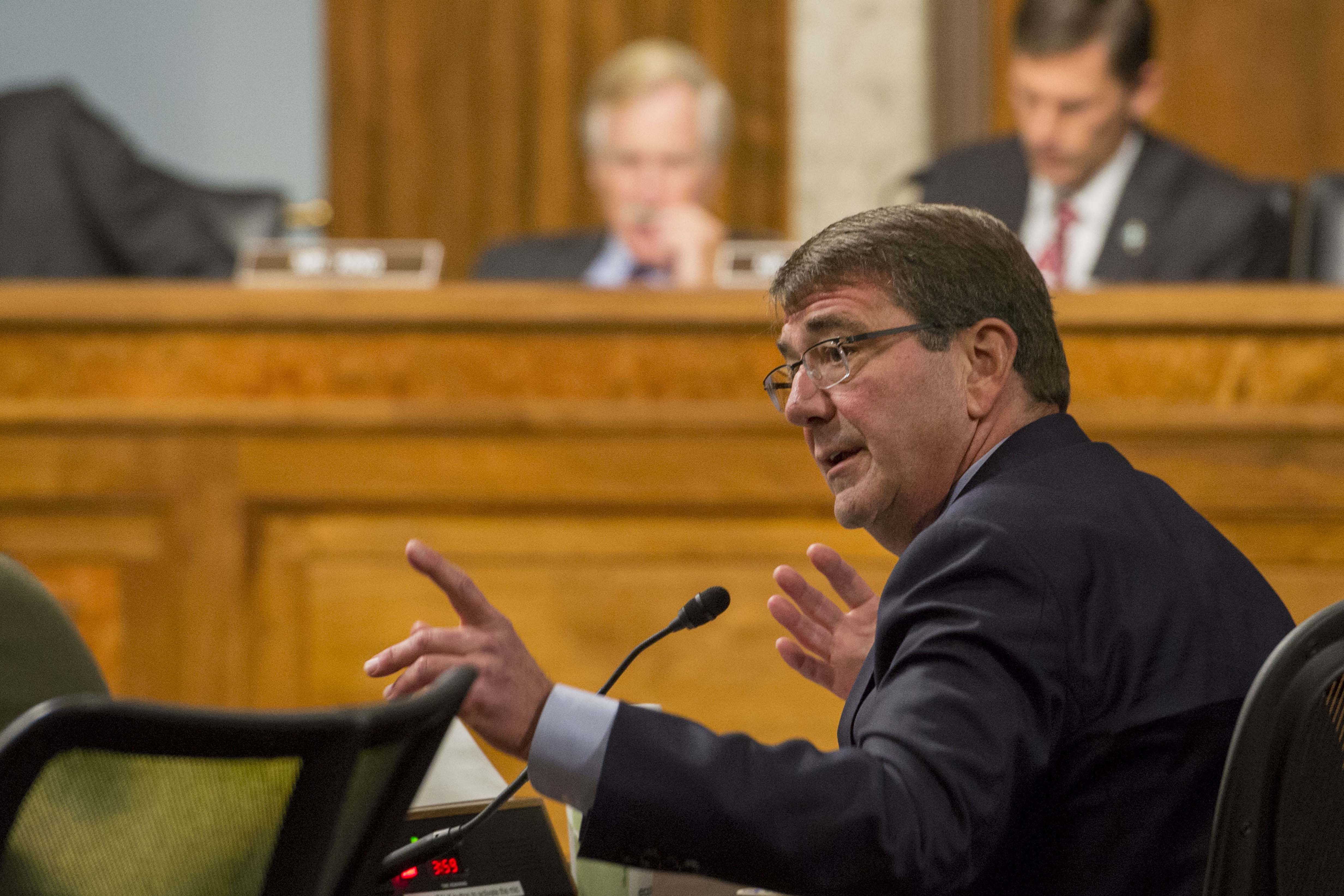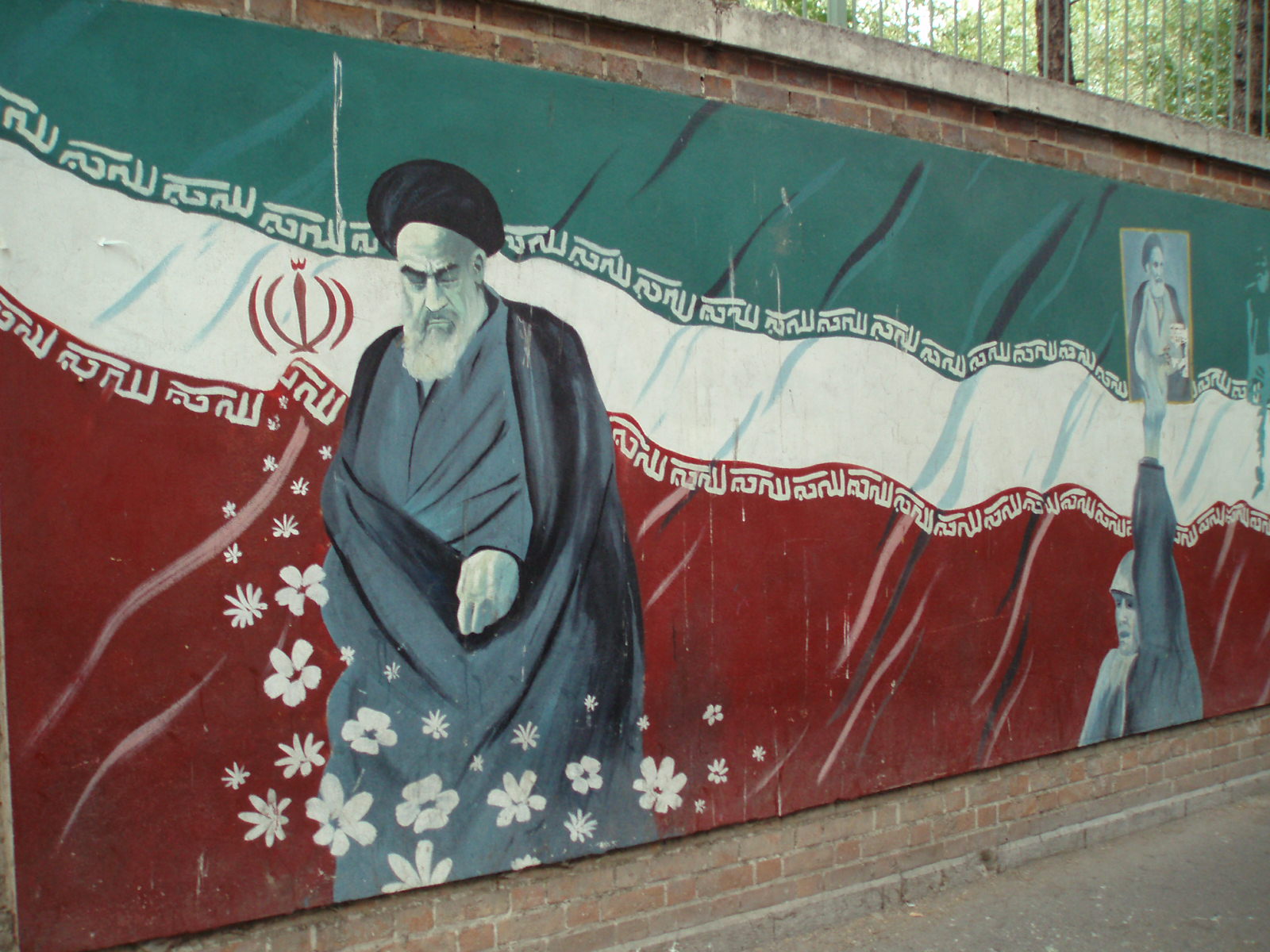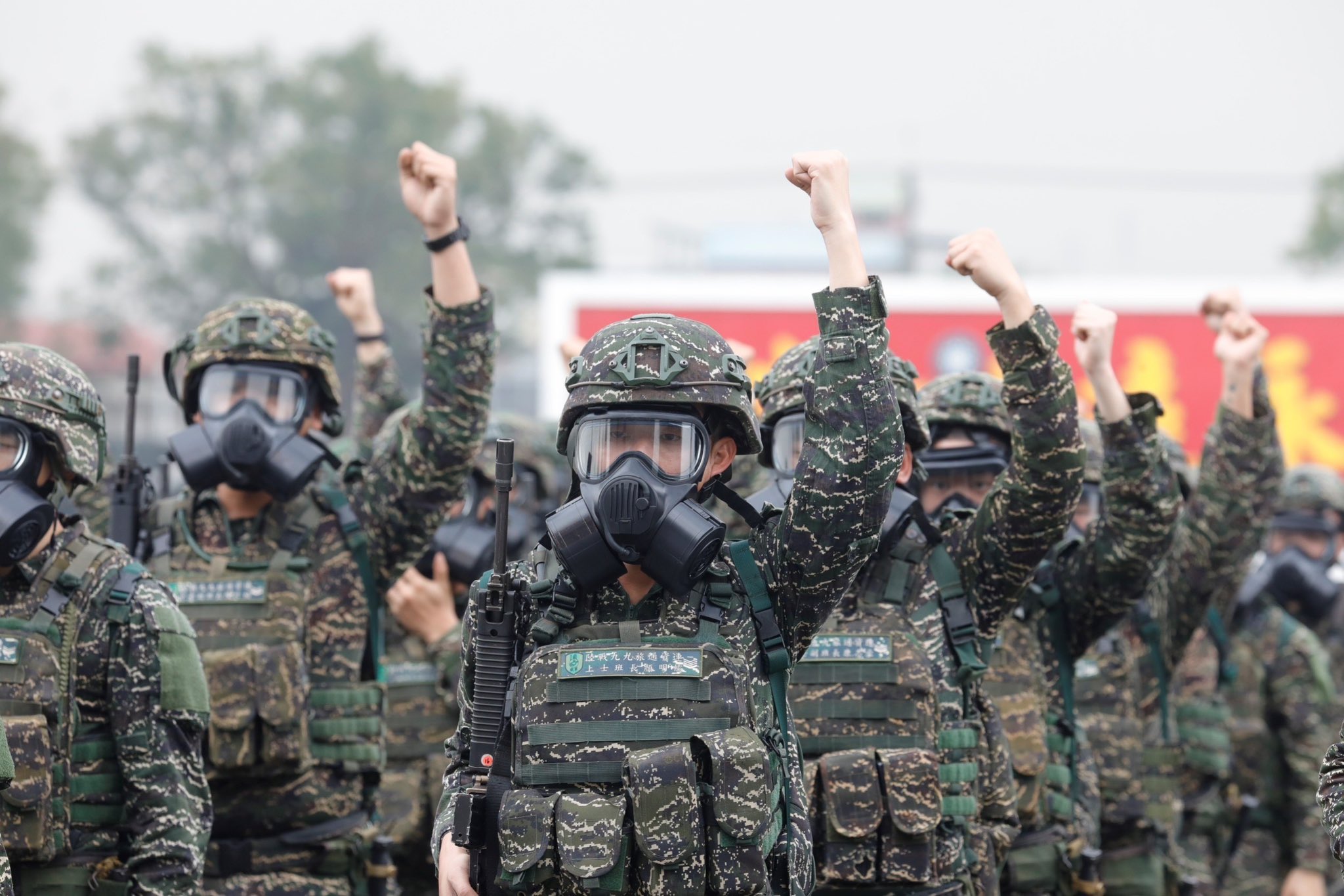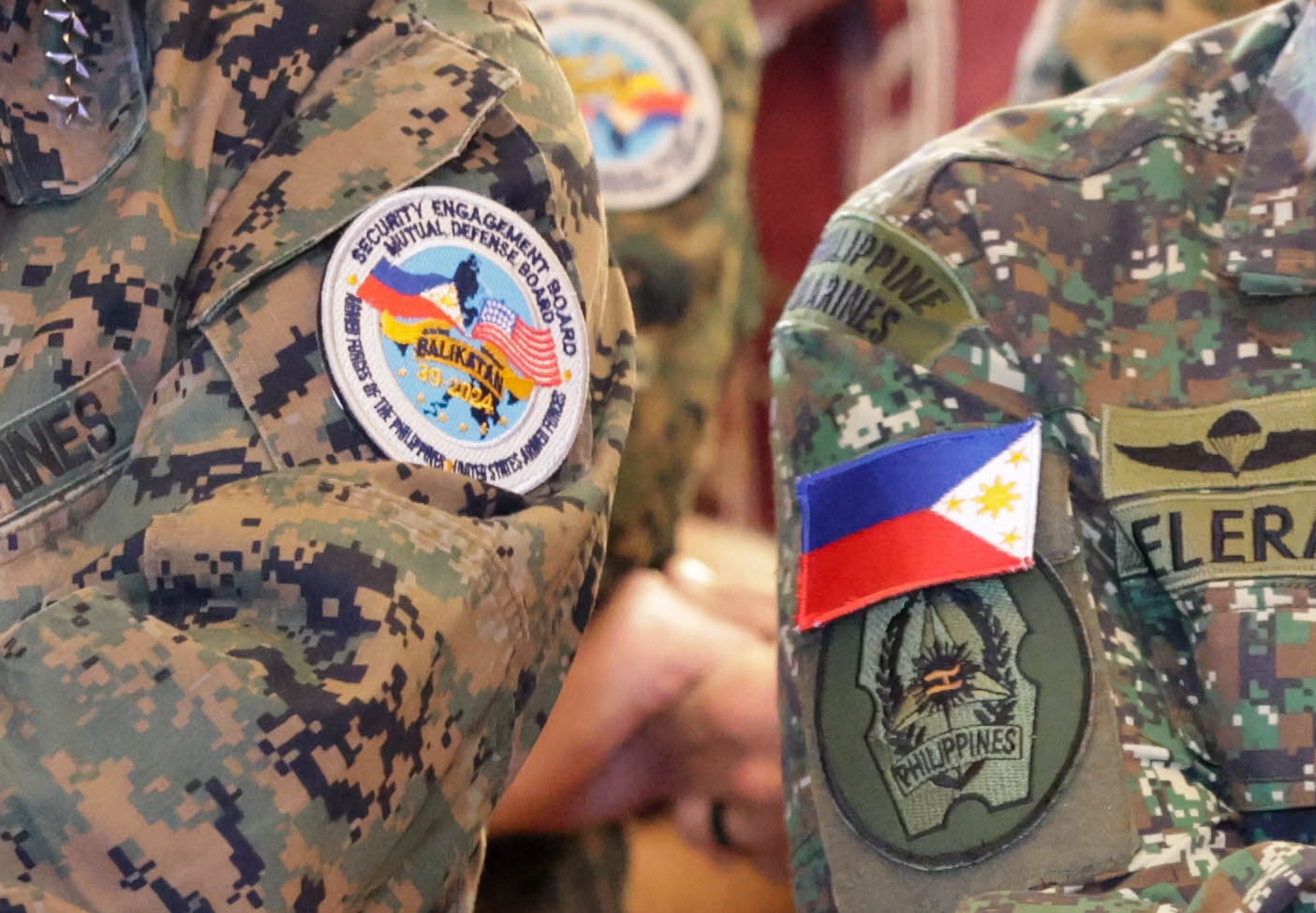
Defense Secretary Ashton Carter told the Senate Armed Services Committee the United States has shifted its emphasis from training forces outside of Syria to return to fight Islamic State in Iraq and Syria (ISIS or ISIL) to one of identifying “capable and motivated” leaders inside the country who put defeating the extremists ahead of removing Bashar al-Assad from power in Damascus.
Then, the United States will “give some equipment, see how they perform; give them some more equipment, see how they perform,” he said on Tuesday.
In his opening statement, Carter said, “this approach builds on successes that local Syrian Arab and Syrian Kurdish forces have made along Syria’s northern border to retake and hold ground from ISIL with the help of U.S. airstrikes and equipment resupplies.”
He said “the paramount objective is defeating ISIL,” now controlling large sections of Syria and Sunni areas of Iraq. The second component of the strategy in Syria is a transition in power where “Assad is not longer leading the country” and structures of civil society remain in place
Later in answer to a question, Carter added that carrying out such a strategy will last well into the next administration.
Complicating the situation in Syria and Iraq is the new involvement of the Russians and the continuing presence of Iranian forces and Iranian-supported forces from Hezbollah.
“Russia is not fighting ISIL,” Gen. Joseph Dunford, USMC, Chairman of the Joint Chiefs of Staff said, but it is strongly supporting Assad, as are the Iranians and Hezbollah.
Carter said the United States “is not cooperating with Russia,” even though the two nations negotiated a document of safety of flight to de-conflict air operations. Several times, he called Russia’s backing of Assad “wrong-headed.” He added the Russians “are primarily attacking the Syrian opposition, which further fuels the tragic civil war there.”
Carter and Dunford said the United States will protect forces it trains and equips in Syria, but stopped short of saying what the administration would do about protecting other forces fighting Assad and ISIL.
Sen. Lindsey Graham (R-S.C.) said in a heated exchange with Carter, “If I’m Assad, this is a good day for me. … You’ve turned Syria over to Russia and Iran.”
Sen. Angus King (I-Maine) picked up on that saying the Syrian regime is “not going to negotiate if they think … the Russians and Iran remain all in.”
Carter and Dunford said that creating a no-fly zone and sanctuaries on the ground in Syria were still options on the table, but not recommended now.
“You have to assume a no-fly zone would be contested by Assad. Likewise zones on the ground would also be contested,” Dunford said.
In Iraq, Carter said the Shia-dominated government of Prime Minister Haider al-Abadi has made some progress in including Sunni elements in the fight in Anbar Province. “If local Sunni forces aren’t sufficiently equipped, regularly paid and empowered as co-equal members of the Iraqi Security Forces, ISIL’s defeats in Anbar will only be temporary,” he said.
Speaking of his recent visit to Baghdad, Dunford said, he was not satisfied with the government’s outreach to the Sunnis. “I can’t tell you I’ve seen systemic change,” he said.
As for aiding the Kurdish Pesh Merga in Iraq, Carter said, “I don’t believe now there is a bottleneck” in Baghdad in supplying them with “rapidity and with certainty.” The Kurdish forces “have taken and held territory” from ISIS.
He added al-Abadi and others in his government have told the United States “he will not work with the Russians” and “we are the preferred partners” with Baghdad in the fight against ISIS.





